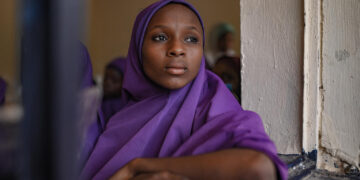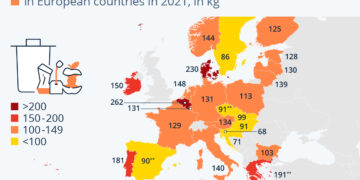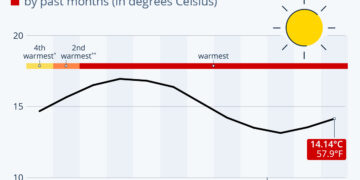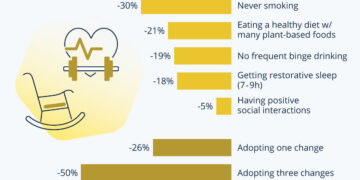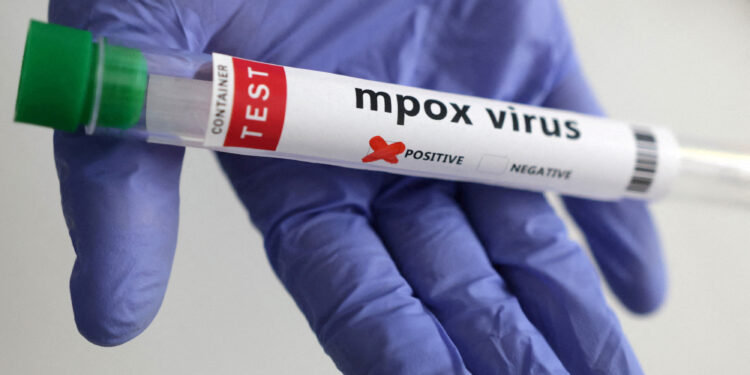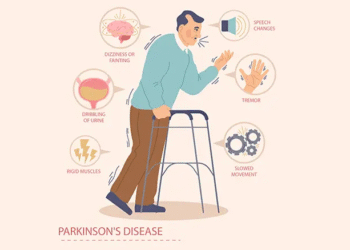The World Health Organization (WHO) confirmed Tuesday that the UK has reported its first locally transmitted cases of the mpox variant clade 1b in Europe, marking the first known transmissions outside Africa. The UK Health Security Agency (UKHSA) announced Monday that two new cases, who are household contacts of the country’s first case identified last week, bring the UK’s total confirmed cases to three.
The WHO has urged European countries to be ready for “rapid action” to control the spread of this mpox variant, which transmits primarily through close physical contact, including sexual activity and shared indoor spaces.
These two recent cases are the first instance of local transmission outside Africa since August 2024, when the WHO declared the clade 1b outbreak a public health emergency of international concern, its highest level of alert. The affected individuals are currently receiving specialized care, and UKHSA has emphasized that the risk to the broader UK population remains low.
Origin and Transmission of the New Cases
The initial mpox case in the UK was detected in an individual who had traveled through several African countries before returning to the UK on October 21. The patient developed flu-like symptoms a day later, followed by a progressively worsening rash on October 24.
Mpox, a viral disease related to smallpox, presents with symptoms such as fever, rashes or blisters filled with pus, swollen lymph nodes, and general body aches. There are two recognized types of mpox: clade 1 and clade 2.
Global Mpox Developments: The Path to Clade 1b
The WHO first sounded the alarm on mpox in 2022, focusing on the spread of clade 2, which primarily affected gay and bisexual men across Europe and the United States. Vaccination campaigns and awareness efforts in these regions led to a significant decrease in cases, allowing the WHO to lift the emergency status in May 2023 after approximately 87,400 cases and 140 deaths globally.
In 2024, however, clade 1 and a new sub-strain, clade 1b, began to spread significantly in the Democratic Republic of Congo. Clade 1b, which poses a particular risk to children, has since crossed borders, with cases recorded in neighboring Burundi, Kenya, Rwanda, and Uganda. Imported cases have also been identified in Sweden, India, Thailand, Germany, and now the UK.
With mpox clade 1b’s emergence in Europe, health authorities are closely monitoring the situation. The WHO’s call for vigilance is a reminder of the global nature of infectious diseases and the need for readiness in the face of potential outbreaks.


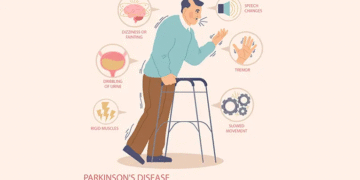


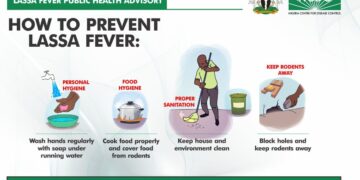






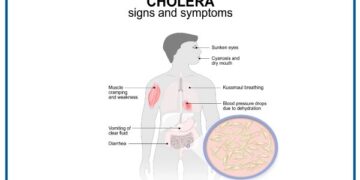
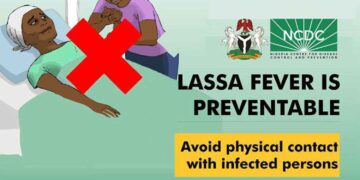
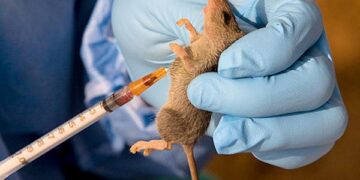



![Antimicrobial Resistance [AMR] in Hausa](https://healthtoday.com.ng/wp-content/uploads/2024/02/antimicrobial-resistance-AMR--360x180.jpeg)


